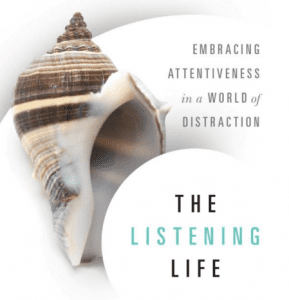I didn’t have a book review submission for Saturday afternoon’s customary slot so I’ll post this brief review/report myself on Sunday. It is a custom at Jesus Creed to post reviews by readers of the blog, and all you have to do is send me your review. The basic format is to focus on a careful summary and then interaction. Our Sunday reviews are much shorter notices of books that our readers will find interesting.
 Robert Spitzer is a former president of Gonzaga University and now the president of Magis Institute for Faith and Reason in Irvine (California). His newest book is called New Proofs for the Existence of God: Contributions of Contemporary Physics and Philosophy
Robert Spitzer is a former president of Gonzaga University and now the president of Magis Institute for Faith and Reason in Irvine (California). His newest book is called New Proofs for the Existence of God: Contributions of Contemporary Physics and Philosophy.
Spitzer opens with five new proofs for God’s existence in contemporary physics and philosophy. This is a serious and scholarly (but well-written) book for the thinker, student, pastor, or professor who wants to probe the intersection of proofs for God’s existence and new developments in science and philosophy.
Here are the five new arguments, and each is zippered up with solid bibliographical details and references:First, the Big Bang cosmology suggests that the universe is 13.7 billion years old and 13.7 billion light years in radius. Important to this is that every inflationary theory now has been shown to need a beginning. The edge of time, thus, indicates a creation point and would need to transcend our universe.
Second, the teleological argument fell into disfavor in Newtonian physics. But Big Bang and universal constants and the discovery of 10 to the 53d power kg of visible mass lead to new insights from the teleological theory. Essentially, Spitzer discusses, the earth should not be anthropic because of the range of anthropic values is exceedingly small compared to non-anthropic factors. Thus, the probability of an anthropic world is so small as to be virtually impossible. So many scientists have said it is more reasonable to think of a super-Intellect. So he maps seven cosmological coincidences.
Third, he examines afresh the Thomist uncased Cause argument. The move from Newton’s “mechanics of bodies” to modern science’s “activities of fields” has transformed what is involved in the cause debates, including shifting language to conditioned realities, etc.. (E.g., re-examinations of the notion of “simplicity.”)
Fourth, he studies the Lonerganian argument for God, and he suggests that Lonergan’s epistemological argument is rooted in ontology, the proof of at least one unconditioned reality.
Fifth, Relativity Theory begins to unpack time in new ways and permits probing into the ontological status of time. The combination of with a development by Hilbert in mathematics leads to the impossibility of infinite past time.











